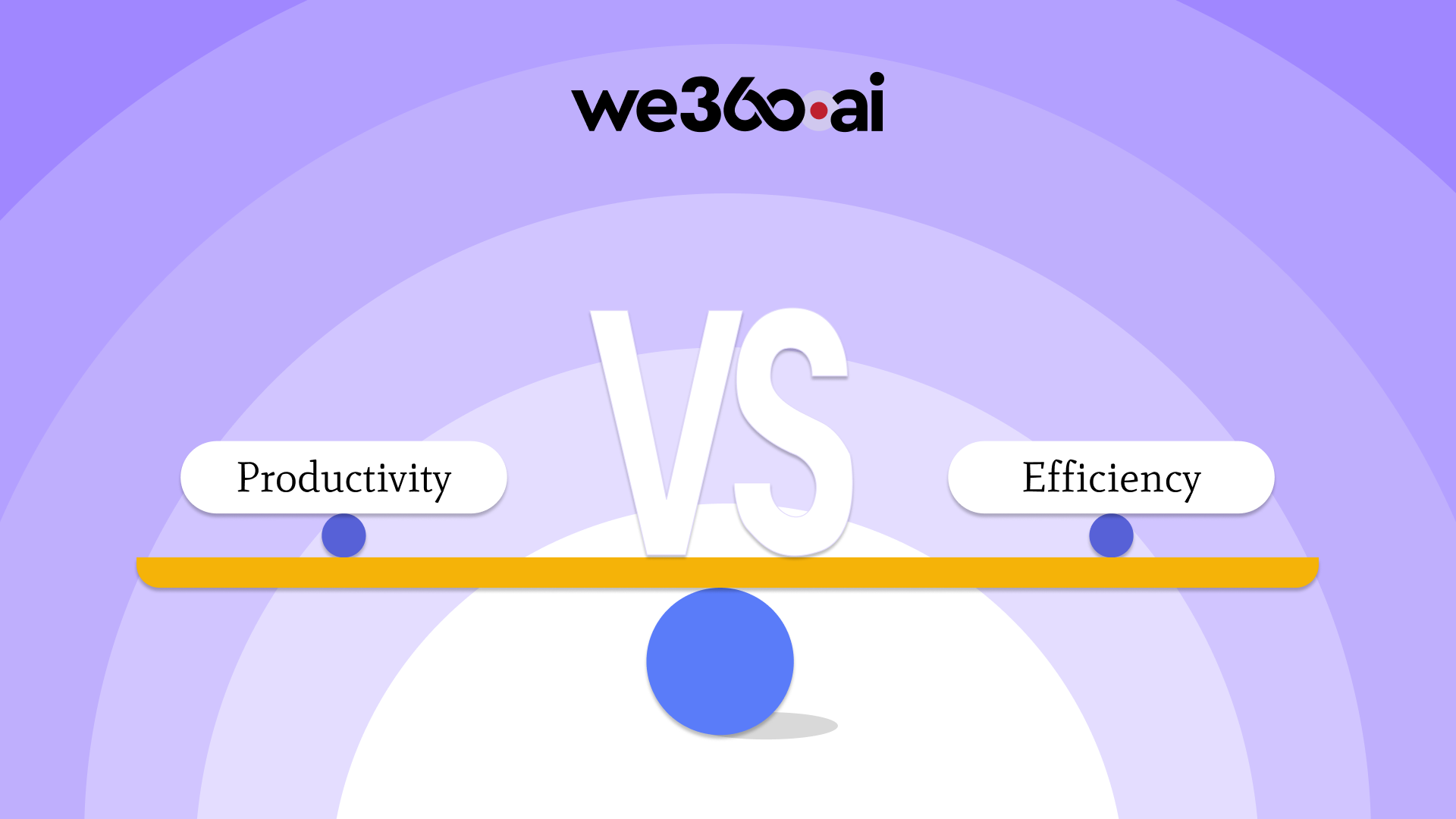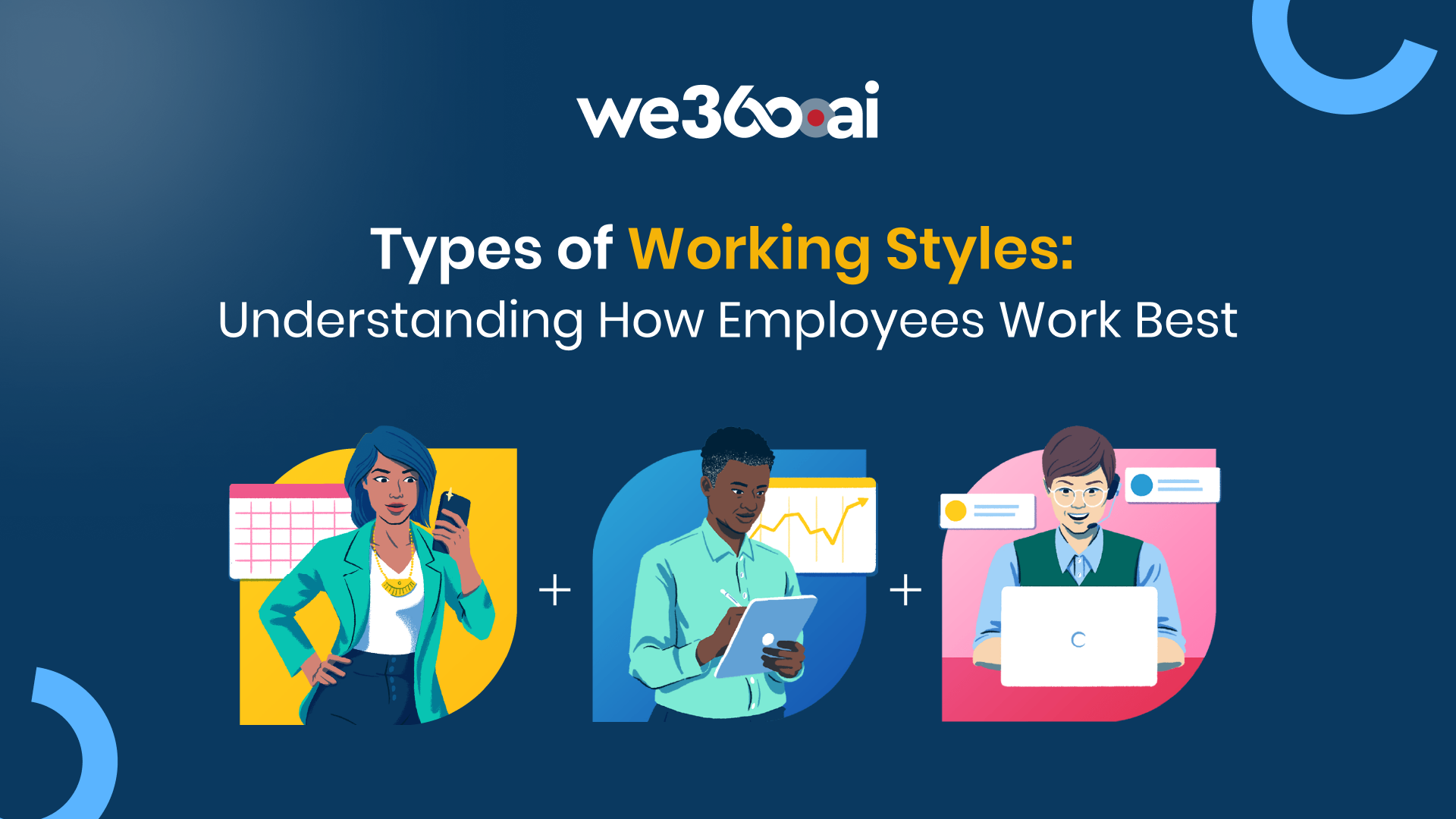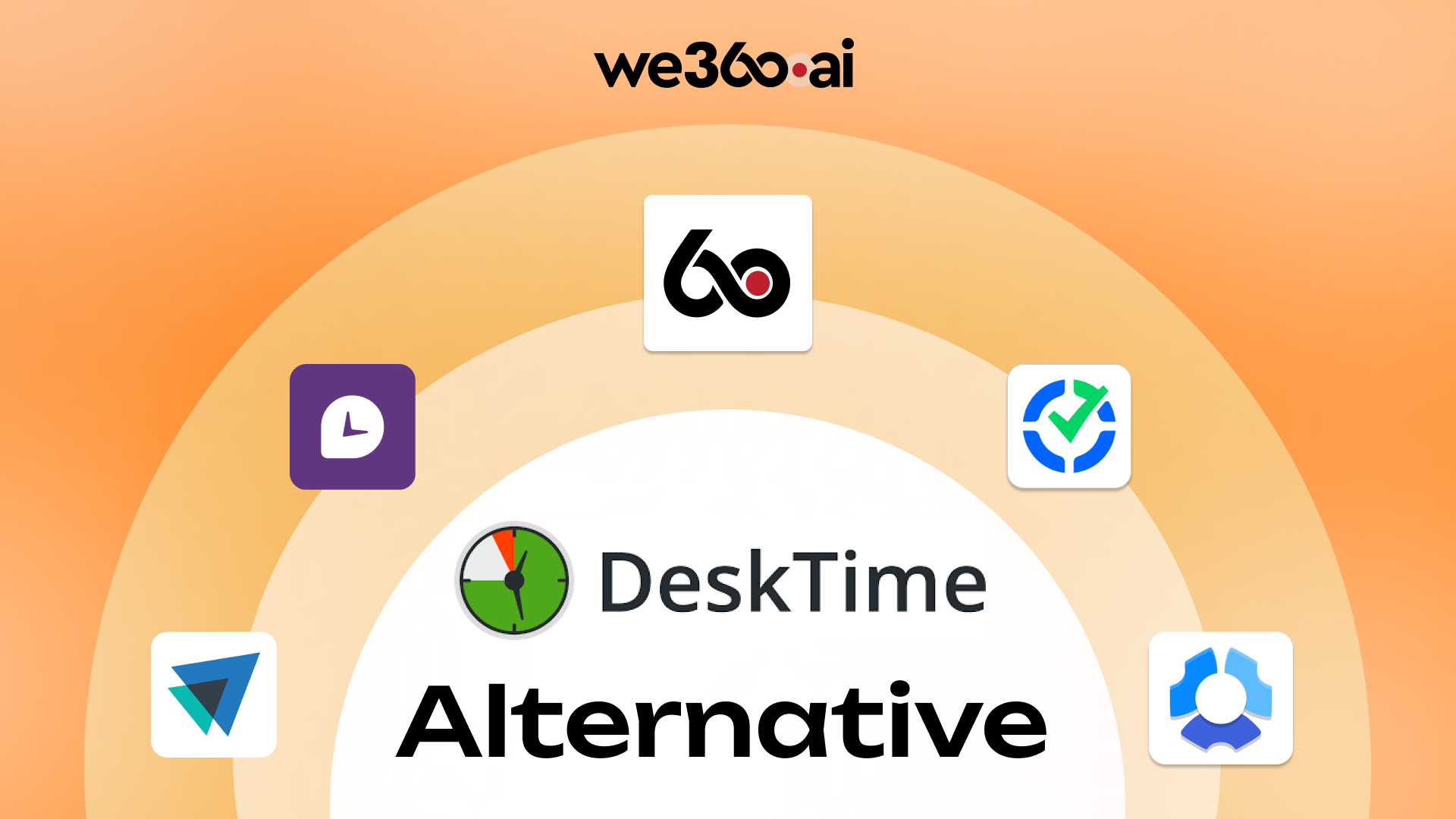In the race against time, where every second counts, organizations and individuals are on a relentless quest to unlock the secrets of optimal productivity and efficiency. While familiar accounting practices like Financial Accounting and Cost Accounting offer valuable perspectives, there lies an often overlooked cornerstone: Time Accounting.
Time accounting, much like cost and financial accounting, plays a pivotal role in the financial health and success of organizations. Just as cash flow is vital for businesses to thrive, time flow is equally significant in shaping an organization's trajectory. Consider the analogy of cash flow representing the movement of money within a business. Similarly, time flow signifies the allocation and utilization of time within an organization.
The efficient management of time directly influences employee productivity, project completion, and ultimately, the organization's cash flow. Just as businesses meticulously track and manage cash flow to ensure financial stability, time accounting provides the means to monitor, analyze, and optimize the flow of time. By understanding how time is allocated and utilized across various activities, organizations can identify bottlenecks, streamline processes, and make informed decisions to enhance overall productivity and financial performance. Thus, time accounting becomes a vital component that connects the dots between cash flow, employee productivity, and organizational success.
In this blog, we will explore the concept of Time Accounting, its significance in project estimation, resource allocation, cost management, and overall productivity. Join us as we uncover the power of Time Accounting and its potential to revolutionize the way we work.
The Concept of Time Accounting
At its core, Time Accounting involves tracking and analyzing how we spend our time. It goes beyond financial and cost accounting, recognizing time as a valuable asset that should be accounted for. By meticulously measuring and analyzing time, organizations gain insights into their productivity, identify inefficiencies, and make informed decisions to optimize performance.
Connecting the dots - Cash Flow, Employee Productivity and Organizational Success
- Accurate project cost assessment through time accounting
- Tracking labor costs with time accounting integration
- Identifying time-intensive processes and optimizing resource allocation
- Comprehensive view of operational efficiency through integrated time accounting
- Cost savings and increased productivity through efficient time management
- Strategic decision-making based on opportunity cost assessment
- Budgeting and forecasting with valuable time accounting data
- Enhanced transparency and accountability through integration
- Evaluating ROI of time resources for prioritization
- Aligning time-related metrics with financial performance indicators for data-driven decisions
Integrating time accounting with cost and financial accounting systems enhances transparency, accountability, and operational efficiency.
With effective time management and a clear understanding of the relationship between time flow, employee productivity, and cash flow, organizations can maximize profitability, minimize costs, and achieve their financial goals. By bridging the gap between cost and financial accounting, time accounting empowers organizations to make data-driven decisions that drive growth and ensure long-term success.
How Time Accounting can Simplify Work Processes
Scenario 1: Marketing Campaign Optimization
Consider a marketing team working on a campaign for a new product launch. Through time accounting, they can track the time spent on different activities such as market research, content creation, campaign planning, and execution. By analyzing this data, they can identify areas where excessive time is being allocated or where productivity is lagging. For instance, they may discover that a significant amount of time is spent on administrative tasks, which can be streamlined through automation or delegation, allowing team members to focus on high-value activities. Time accounting enables the team to optimize their efforts, allocate resources effectively, and achieve better campaign results.
Scenario 2: Remote Team Collaboration
With the rise of remote work, time accounting becomes even more critical in ensuring effective collaboration among team members. By utilizing time accounting tools, teams can track their working hours, monitor activity levels, and gain insights into individual and collective productivity. For instance, a project manager overseeing a remote team can identify peak productive hours for team members across different time zones and schedule collaborative activities during those periods. This not only maximizes productivity but also fosters better teamwork and coordination.
Scenario 3: Employee Time Management
An employee's time is a valuable asset, and time accounting can help individuals optimize their work habits and achieve better work-life balance. By tracking their own time usage, employees can identify time-consuming activities, minimize distractions, and focus on high-priority tasks. For example, an employee may discover that spending excessive time on non-work-related websites during peak productive hours hampers their efficiency. By leveraging time accounting insights, they can make conscious changes to their habits and allocate their time more effectively, resulting in improved personal productivity.
Leveraging Time Accounting Tools
To effectively implement Time Accounting practices, organizations can leverage innovative tools and technologies. One such solution is We360.ai, a comprehensive time accounting platform designed to streamline and optimize time tracking processes. With We360.ai, businesses can gain real-time insights into productivity, resource utilization, and project timelines, enabling data-driven decision-making and driving efficiency.
We360.ai, a Time-Accounting Solution
We360.ai empowers organizations to monitor and analyze their time accounting data effectively. Through intuitive visualizations, graphs, and analytics, users can gain a holistic view of time utilization, task distribution, and individual performance. The platform enables the identification of patterns, bottlenecks, and opportunities for improvement, ultimately enhancing overall productivity.
Embracing Time Accounting for Future Success
Time Accounting is not just a buzzword; it's a powerful tool for organizations and individuals seeking to unlock efficiency and accuracy. By recognizing the value of time and implementing comprehensive time tracking and analysis practices, businesses can make informed decisions, optimize resource allocation, and achieve remarkable results. Embracing Time Accounting today paves the way for a more productive and successful future.
Time Accounting is a game-changer in today's fast-paced business landscape. By accounting for time and leveraging innovative solutions like We360.ai, organizations can unlock new levels of efficiency, accuracy, and productivity. It's time to harness the power of Time Accounting and pave the way for a more successful future.
To know more about We360.ai Time Accounting Solution, click here.



.png)















